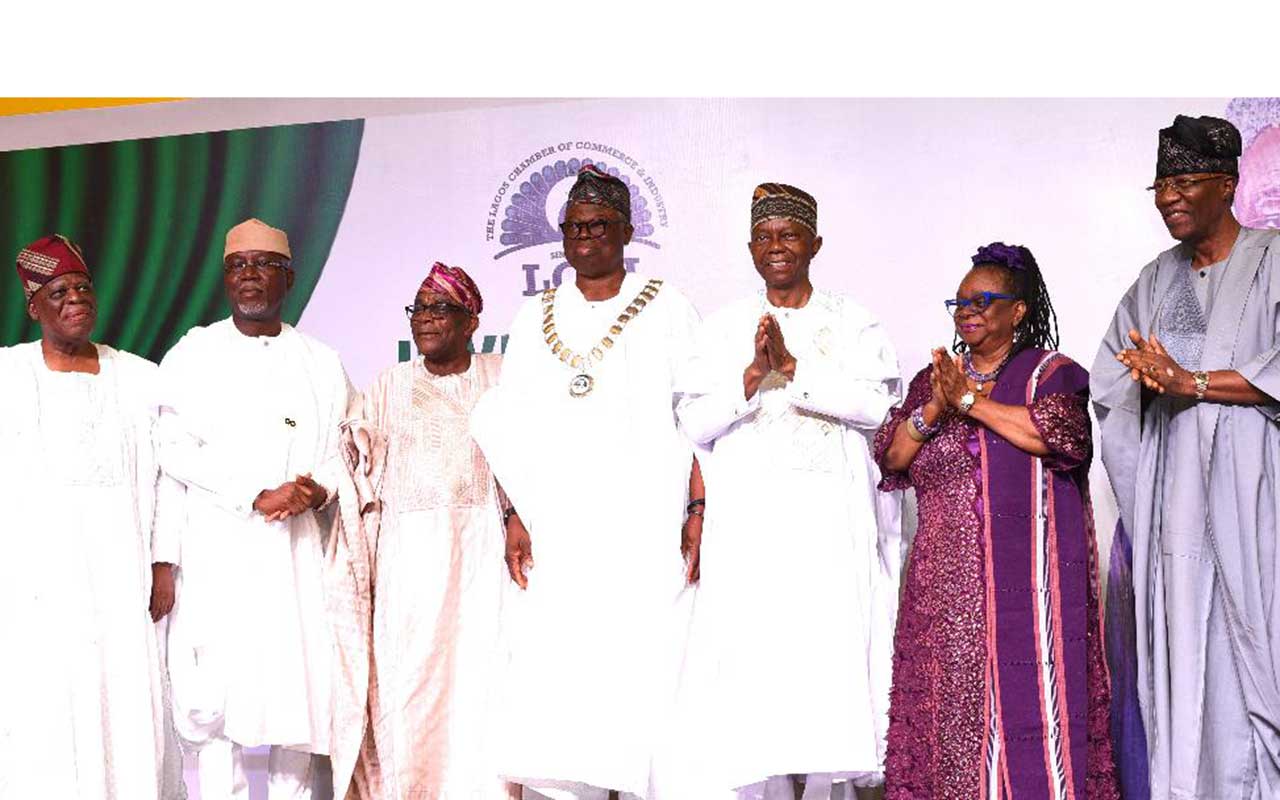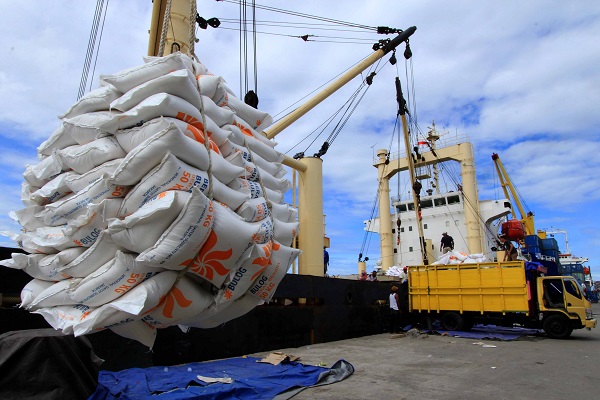
The Manufacturers Association of Nigeria (MAN) has warned that the skyrocketing inflation rate has far-reaching implications for the manufacturing sector as manufacturers incurred over N730 billion in the first half of 2024 as capital expenses due to the continuous increase of interest rates charged by commercial banks.
MAN’s Director General, Segun Ajayi-Kadir, decried that interest rates have increased by 15.75 percentage points in just two years, a situation that has compounded the challenges faced by manufacturers.
The dilemma, he said, is hampering innovation, productivity and growth. He said with the increase in borrowing costs, manufacturers now pay over 35 per cent on credit facilities, which will lead to an increase in production costs, higher prices of finished goods, lower competitiveness and production capacity. He said the impact of higher interest rates goes beyond compounding manufacturers’ challenges alone as it also stifles investments in crucial areas like technology, retooling and expansion.
He added that manufacturers would be compelled to substitute servicing existing credit facilities for plant expansion and investment in new product lines, even as manufacturers are grappling with depressed consumer demand. The decline, he added, has severely hampered capacity utilisation within the sector.
“Data from H1 of the economic review published by MAN reveals a troubling trend- the value of unsold finished goods inventory surged by 42.93 percentage points, reaching N1.24 trillion compared to N869.37 billion at the close of 2023. This growing stockpile of unsold products underscores the difficulties manufacturers face in a weakening market.
“The broader implications of these challenges threaten not only the manufacturing sector but also the Nigerian economy as a whole, as higher borrowing costs lead to poor access to funds, lower capacities and potential business closures,” he said.
He lamented that the capacity to absorb the country’s growing youth population into meaningful employment has diminished significantly with the attendant adverse socioeconomic and security implications. “MAN is worried about the implications of the continuous rate hikes on the productive sector and earnestly expects the CBN to stop the rate hike but explore more of the monetary-fiscal policy handshake option to curb inflation.”
Acknowledging the efforts of the Central Bank of Nigeria (CBN) to stabilise the economy, he, however, expressed shock that the CBN is increasing the MPR against the backdrop of the meagre improvement in inflation figures, which he said is largely traceable to the onset of the harvest season.
He said: “We also note that this increase is coming at a time when central banks in other places are either retaining or cutting rates. It is therefore expedient that the government adopts a holistic and balanced approach to policy formulation and decisions, with due consideration of their overall impact on the various sectors of the economy, particularly the productive sector.
“Undoubtedly, price stability is crucial, and so is the survival and growth of the manufacturing sector. This should be a top priority at this time and is in line with the government’s commitment to grow domestic production, create more jobs and alleviate poverty.”






